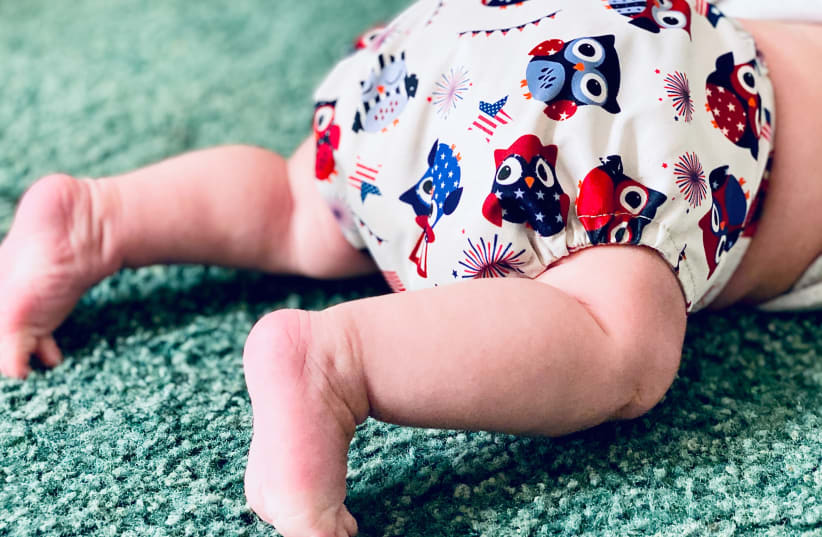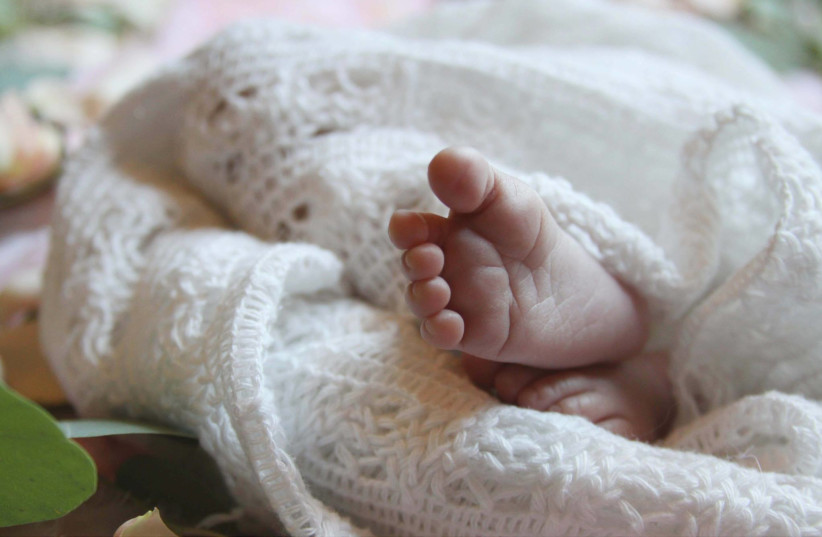If you were alive in April 1992, you probably don’t remember what you did, unless there was a special occasion. It’s certainly hard to remember things from even a few months ago.
Lydia and Timothy Ridgeway, twins born October 31, 2022, hold the title of the longest frozen embryos ever born alive, according to the National Embryo Donation Center. The previously known record holder was Molly Gibson, who was born in 2020 from an embryo that had been frozen for nearly 27 years.
Philip Ridgeway, the twins' father, thinks that what happened was really impressive. He was five in 1992, and as a Christian thinks that God gave life to the twins then.
So are the twins the couple’s oldest kids, or the youngest? Philip and his wife have four other children ages 8, 6, 3 and almost 2 years old.
For nearly three decades, the embryos were preserved in liquid nitrogen at nearly 200 degrees below zero. The embryos were kept at a West Coast fertility lab until 2007, when the couple who they were developed for donated the embryos to the National Embryo Donation Center in Knoxville, Tennessee, in hopes that another couple could use them.
Philip stated that he and Rachel didn’t have a specific number of kids that they wanted, but rather that they believed it was God's decision. But when they heard about embryo adoption, they decided to look into it.
How does this actually happen?
When people undergo IVF they may produce more embryos than they need. Additional embryos can be frozen for future use, donated to research or the advancement of reproductive medicine science, or donated to people who want to have children.
Survival rate 80% when thawing frozen embryos
Philip said they weren’t looking to get the embryos that had been frozen the longest in the world but they wanted the ones that had waited the longest amount of time. When looking for donors, the Ridgeways specifically asked the donation center about a category called "special consideration", meaning that it was difficult to find recipients for these embryos, for whatever reason.The donor database doesn’t list the length of time that embryos are frozen, but the characteristics of the donors are detailed such as ethnicity, age, height, weight, genetic and health history, education, occupation, favorite movies and music.
The couple assumed that those listed with the earliest donor number had been at the center the longest and tried to narrow their selection to those profiles. Only after she got pregnant did they find out how long their embryos had actually been frozen.
The embryos were thawed on February 28, 2022. Of the five that were thawed, two were unusable. Not a bad number relative to the fact that there is about an 80% survival rate when thawing frozen embryos.
Rachel said that she remembers that the doctor showed her a photo of the three fetuses and recommended using only two, saying that multiple fetuses can cause problems in pregnancy.
But she said there was no doubt in her mind they would use all three. She remembers crying and saying, "You just showed me a picture of my three children. I have to have them all."
"You just showed me a picture of my three children. I have to have them all."
Rachel Ridgeway
The remaining three embryos were transferred on March 2, 29 years and 10 months after freezing. Two transfers were successful.
Studies have found that 25 to 40% of frozen embryo fertilizations result in live births. According to experts, the age of the fetus should not affect the child's health.
Caveat: There has been no research on this subject. What’s more important is the age of the woman who donated the egg that entered the embryo. If that patient was 25 years old it’s likely that the embryos would survive.

